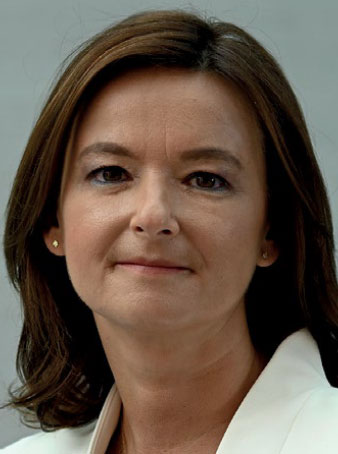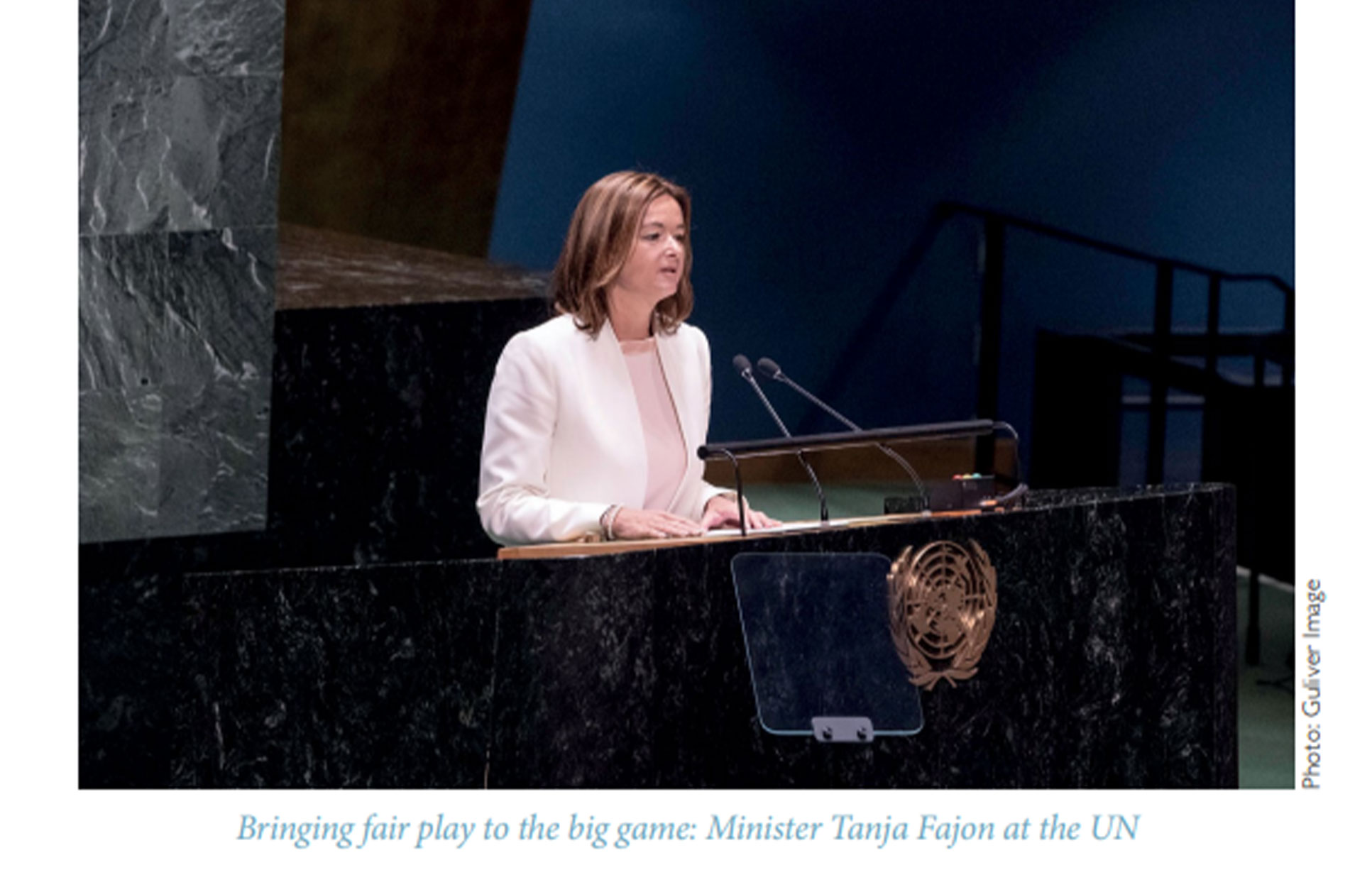 Tanja Fajon is Deputy Prime Minister and Minister of Foreign Affairs of Slovenia. You may follow her on Twitter @tfajon.
Tanja Fajon is Deputy Prime Minister and Minister of Foreign Affairs of Slovenia. You may follow her on Twitter @tfajon.
TODAY, watching the news can be very disturbing. One cannot avoid the feeling of anxiety and insecurity, an overwhelming feeling that the world is crumbling all around us.
We are witnessing the undermining of the very foundations of international rules-based order and the expansion of security risks. The Russian aggression against Ukraine is not only destabilizing the European continent. Instead, its impact has had global ramifications. There are profound effects on global and national economies, with energy crisis driving the prices up. In an effort to secure energy supply, the old-fashioned, environmentally damaging sources are back in use, most notably coal. This, in turn, is driving us all further away from effectively fighting climate change. Global food security has been brought into question, due to both rising fuel prices and disturbed supply chains.
These challenges come on top of the existing geopolitical fractures and other regional conflicts and tensions, all while the world is still recovering from the effects of the COVID-19 pandemic. Again, the most vulnerable countries and social categories are hit the worst.

In recent years, there has been a growing need for the international community to address new threats to international security, including in the Security Council. Against the backdrop of traditional threats to international peace and security—which are of the utmost concern and require urgent attention—our focus also needs to be on issues such as climate change, the health crisis, environmental degradation, biodiversity loss, as well as water and food security. All this has proven to have significant impact on the security of nations, regions and—as we can witness nowadays—the entire globe.
Current global trends do not paint an optimistic picture of the future. They rather tell a story of an accelerated fragmentation in the global arena and an increased competition between global powers. All this goes directly against maintaining an effective multilateral system capable of addressing global challenges.
The world’s regions are growing apart, not together. The role of international organizations is replaced by informal settings like G20 or G7. In institutional terms, the UN Security Council is essentially blocked. So is the OSCE in Europe.
The basic proposition behind the UN is the need for a system of cooperation among nations that facilitates peace, stability, and prosperity. Despite its shortcomings and existing divisions, it is a system that is as indispensable today as ever before. Multilateralism and solidarity are more important than ever. As exasperated as we often are by the lack of efficiency and results, the fact remains that we can only tackle multiple crises together. Global challenges, such as climate change and pandemics, have made unilateralism obsolete. They know no borders.







